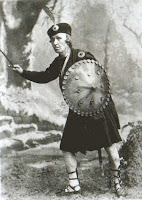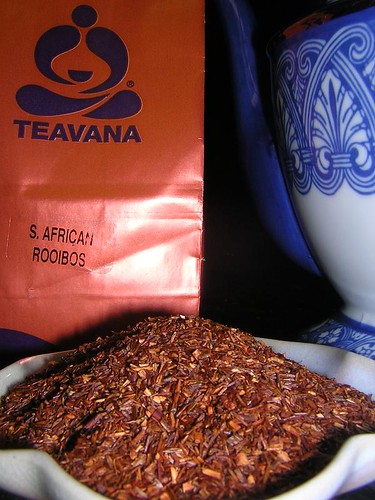
As my good friend Stephen McDonald reminded me, today (well, yesterday) is
Tartan Day, a day designed for those of Scottish heritage to rejoice in the glories of their forbears. As a proud bearer of a Scottish name, I thought it only fitting to use today to start something I'd been meaning to do for some time.
It is my endeavour to post weekly excerpts of the works of William Topaz McGonagall, widely hailed as Scotland's (and possibly the world's) worst poet. I think that his work is greatly underappreciated, and if through this blog I can introduce more people to his magic, then I will be satisfied.
For those unfamiliar with the great bard, here is an excerpt from
his entry on Wikipedia:
Born in Edinburgh, of Irish parentage, McGonagall was working as a handloom weaver in Dundee, Scotland when an event occurred that was to change his life. As he was later to write: - The most startling incident in my life was the time I discovered myself to be a poet, which was in the year 1877.
It was with this that he wrote his first poem An Address to the Rev. George Gilfillan, which showed all the hallmarks that would characterise his later work. Gilfillan commented "Shakespeare never wrote anything like this."
McGonagall has been widely acclaimed as the worst poet in British history. The chief criticisms of his poetry are that he is deaf to poetic metaphor and unable to scan correctly. In the hands of lesser artists, this might simply generate dull, uninspiring verse. However, McGonagall's fame stems from the humorous effects these shortcomings generate. The inappropriate rhythms, weak vocabulary, and ill-advised imagery combine to make his work amongst the most spontaneously amusing comic poetry in the English language.
Here, then, is the inaugural Monday with McGonagall (albeit incorrectly, and somehow appropriately, on a Tuesday):
A Requisition to the QueenMost August! Empress of India, and of great Britain the Queen,
I most humbly beg your pardon, hoping you will not think it mean
That a poor poet that lives in Dundee,
Would be so presumptous to write unto Thee
Most lovely Empress of India, and Englands generous Queen,
I send you an Address, I have written on Scotlands Bard,
Hoping that you will accept it, and not be with me to hard,
Nor fly into a rage, but be as Kind and Condescending
As to give me your Patronage
Beautiful Empress, of India, and Englands Gracious Queen,
I send you a Shakespearian Address written by me.
And I think if your Majesty reads it, right pleased you will be.
And my heart it will leap with joy, if it is patronized by Thee.
Most Mighty Empress, of India, and Englands beloved Queen,
Most Handsome to be Seen.
I wish you every Success.
And that heaven may you bless.
For your Kindness to the poor while they are in distress.
I hope the Lord will protect you while living
And hereafter when your Majesty is ... dead.
I hope the Lord above will place an eternal Crown! upon your Head.
I am your Gracious Majesty ever faithful to Thee,
William McGonagall, The Poor Poet,
That lives in Dundee.
Poem found here



